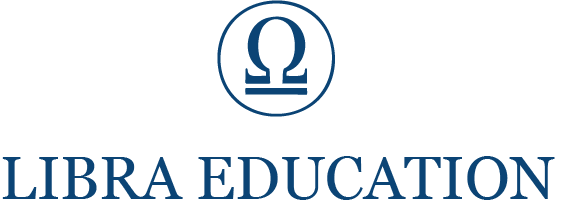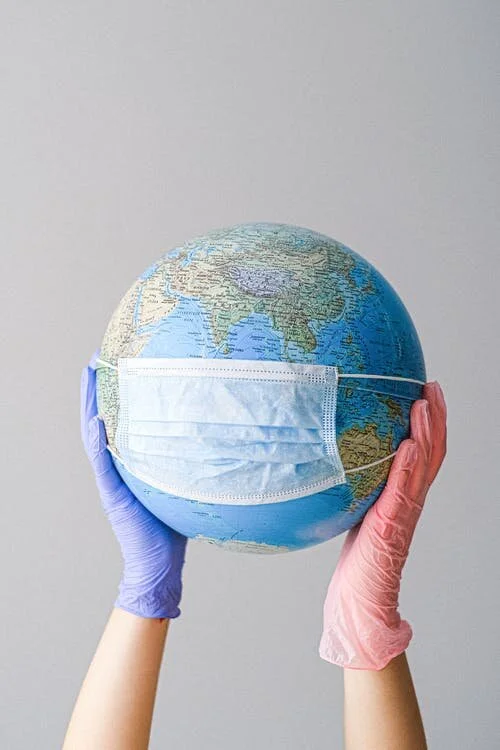Eco-Warrior
Eco-Warrior
Every eco-warrior starts small with changes to their own lifestyle, home and community. In this course, students work with their course leader to study their local environment and the waste/energy usage in their home. The student tracks, monitors and analyses their energy usage and waste before researching and identifying solutions to reduce waste and energy consumption. At the end of the project, students present their findings.
We are offering a 20% early-bird discount if you sign up before the end of March 2021.
Course dates: 19th-23rd July 2021
Register your interest. Pay by other methods. Speak directly to a consultant.
Eco-Warrior
How to fight to protect the natural world for future generations to live in.
The course is designed for primary aged students between 6-12.
Course timings and dates:
Monday 19th- Friday 23rd July 2021
The first session each day is from 9am-10am followed by a short break. The second session of the day begins at 10.15am and finishes at 11.15am.
The maximum number of students within each group will be 4 students.
Course requirements:
A computer with good internet access.
Zoom to access lessons.
A basic understanding of how to use Microsoft PowerPoint.
30 minutes of independent planning tasks between sessions.
Some ability to track and monitor energy usage within the home.
Learning outcomes: By the end of the course, the student will have:
Improved research skills and problem-solving skills.
Developed scientific understanding of energy and waste.
Enhanced creativity, presentation and planning skills.
This project provides an excellent opportunity for students to understand how energy is used and distributed for modern requirements as well as identify how to improve an energy system.
Course structure
Students will complete two sessions per day
Session 1:
Introduction to Global Warming
Students are introduced to the course and the idea of a carbon footprint before working out an estimate of their own carbon footprint.
Session 2:
What is Energy?
Students explore energy use and consumption and will complete activities relating to imagining a world without electricity.
Session 3:
What is Waste?
Students begin to conceptualise different forms of waste before exploring different avenues of waste reduction.
Session 4:
Community Recycling
Students learn about waste management laws and how the local area can contribute to a carbon footprint.
Session 5:
Reuse - Reduce – Recycle
Students learn how they can apply the 3 R’s in their lives. Students are assigned a creative task to present in their next lesson.
Session 6:
How much Waste do We Use?
Students are taught how to measure their own energy and waste usage over the last 3 days.
Session 7:
Creative Task Presentation:
Students share with the group the outcome of their creative task.
Session 8:
Develop a Presentation
Students begin putting together their presentation on energy saving in their home or area with guidance from their course leader.
Session 9:
Presentation Practice
Students begin practising their presentations in ‘break-out’ rooms with other course participants to give each other constructive feedback.
Session 10:
Presentations & Feedback
Students present their ideas for saving energy to the course leader, their peers and a Libra Education panel of professionals.

